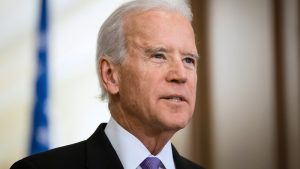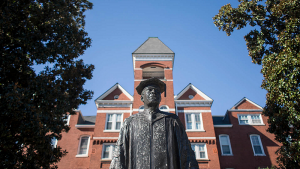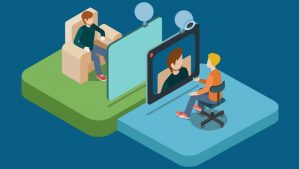It has been one year since schools were forced to move from in-classroom learning to distance learning practically overnight. In the past year, schools have had to focus on digital equity, data security, and privacy concerns.
President Biden’s $2 trillion American Jobs Plan released by the White House today takes aim at upgrading technology facilities at public K-12 schools and community colleges as part of a broad education investment plan worth more than $100 billion.
Belmont University has invested more than $2 million in technology upgrades for the Mike Curb College of Entertainment and Music Business. The upgrades will enable virtual access to the school’s resources whether learning on campus, remotely, or in a hybrid model.
Education leaders in Connecticut are likely giving themselves a pat on the shoulder based on new data released by the nonprofit Connected Nation that shows Connecticut school districts are achieving higher levels of school internet connectivity than the rest of the country.
In a move to help support student success, Valdosta State University is partnering with Civitas Learning to more effectively use student data. Valdosta State said the partnership will allow the school to focus “even more on solving challenges and providing resources to students from enrollment to graduation.”
The McAfee Labs Advanced Threat Research team announced March 21 that it has discovered “critical issues” on Netop Vision Pro, a popular classroom management software solution.
Moving beyond basic online learning, Morehouse College is now offering two classes held in virtual reality (VR) for the spring semester.
The Federal Communications Commission’s (FCC) Wireline Competition Bureau (WCB) seeks comment on the Emergency Connectivity Fund for education connections and devices to address the homework gap during the COVID-19 pandemic.
To help K-12 teachers navigate teaching during the COVID-19 pandemic, Penn State University (PSU) turned to its Postbaccalaureate Certificate in Teaching and Learning Online in K–12 Settings.
Higher education institutions are increasingly facing more sophisticated cyberattacks targeting – not only targeting their networks and private information, but also ongoing university research.












